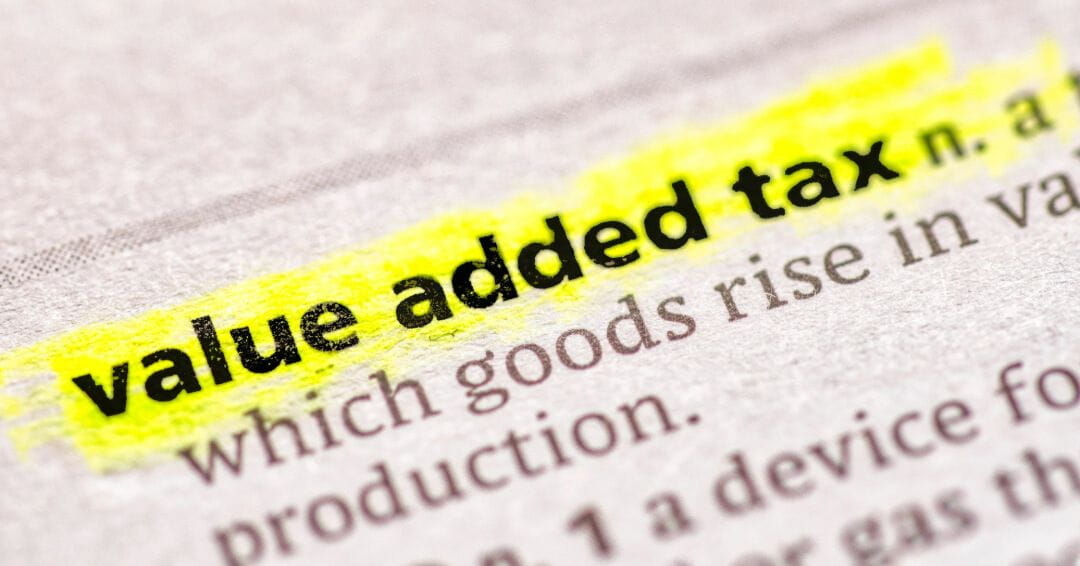Late with Your VAT? Why That Delay Could Now Cost You More
Posted by Emily on 2nd Apr 2025 Reading Time:
In April 2025, HMRC will increase the financial penalties for paying VAT or Income Tax late – and the changes are set to hit small businesses the hardest. This isn’t just another tweak in policy; it’s part of a broader reform to sharpen compliance and protect public finances. But for businesses already grappling with tight margins, cash flow issues, or admin overload, understanding these changes – and planning for them – is now more critical than ever.

What’s Changing from April 2025?
The new rules, set out in Schedule 26 of the Finance Act 2021, are about to get tougher. For VAT-registered businesses and Income Tax Self Assessment taxpayers participating in the Making Tax Digital (MTD) pilot, penalties for late payments will increase as follows:
• At 15 days overdue: Penalty increases from 2% to 3%
• At 30 days overdue: Penalty increases from 2% to 3%
• From day 31 onwards: Daily penalties jump from 4% to 10% per annum
These increases will apply from 1 April 2025, affecting anyone already under the current penalty regime. And they won’t just stop at VAT – any future tax brought under Schedule 26 could also fall under these rules.
Why the Change?
The government’s objective is straightforward: reward timely payers and penalise persistent late ones. By increasing the cost of non-compliance, HMRC hopes to nudge taxpayers to meet their obligations promptly, closing the gap between tax owed and tax collected. Importantly, if a taxpayer enters into a Time to Pay arrangement with HMRC, late payment penalties will not apply – a key lifeline for those experiencing genuine financial difficulty.

How the Points-Based System Works
Introduced in January 2023, the points-based system for late VAT return submissions remains in place and runs separately from late payment penalties. Every missed submission earns a penalty point – similar to a driving licence system.
Once you hit the threshold, you’ll face a £200 fixed penalty and another £200 for every subsequent late return while over the limit. The thresholds vary:
• Annual submissions – 2 points
• Quarterly submissions – 4 points
• Monthly submissions – 5 points
Points are wiped after two years, but only if you’ve submitted all returns on time during that period and cleared your previous backlog.
The Late Payment Penalty Breakdown
Understanding how late payment penalties escalate is vital:
• 0–15 days late: No penalty – but interest will still accrue.
• 16–30 days late: 2% of the VAT due as of day 15.
• 31+ days late: 2% of the VAT due on day 15, another 2% on day 30, plus daily interest at 10% per year from day 31 until payment is made.
And don’t forget: HMRC charges interest from the original due date – currently Bank of England base rate plus 2.5%. So, even if penalties are avoided, interest continues to grow.

Why This Matters to Small Businesses
It’s all too easy to miss a payment deadline. A forgotten submission, a disrupted workflow, or a cashflow hiccup can alltrigger penalties under the new regime. And for businesses operating on tight margins, the combination of fixed penalties, daily charges, and interest can spiral rapidly.
Even those who regularly reclaim VAT – like farmers or businesses with high input costs – are not exempt. Submitting a late nil return still earns a penalty point.
What If You Can’t Pay?
Don’t bury your head in the sand. If you know you’re unable to meet a VAT deadline, reach out to HMRC and ask for a Time to Pay arrangement. This flexible plan considers your financial circumstances and can include both the tax owed and any accruing penalties and interest.
Crucially, no penalties will apply if a Time to Pay arrangement is agreed upon before day 15. Even if you request it after that point, it can freeze further penalties, so it’s never too late to start the conversation.
But a word of caution: if you fail to stick to the payment plan, HMRC may revoke it and charge all penalties retrospectively.

Final Thoughts: Compliance is the Best Currency
While the reforms are meant to modernise the tax system and improve fairness, they also raise the stakes for anyone who falls behind. A small slip can now lead to mounting costs – not just in penalties but also in compounding interest and potential reputational damage.
For some businesses, these changes might serve as a wake-up call to tighten systems, communicate more clearly, or consider accounting support. For others, they could be a lifeline – encouraging early contact with HMRC and keeping businesses afloat through flexible repayment plans.
What’s clear is this: understanding the new rules, planning ahead, and taking action early will be your best tools for staying penalty-free in 2025 and beyond.

